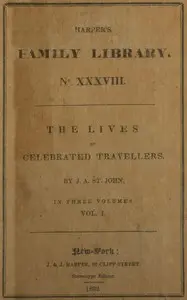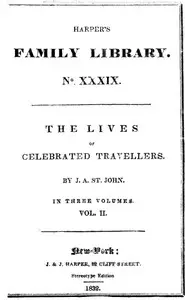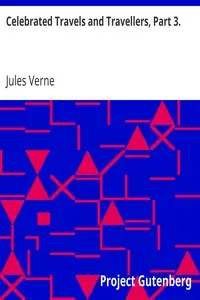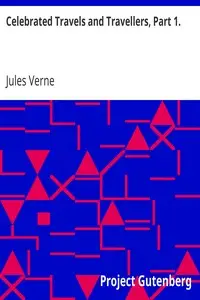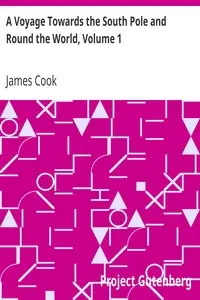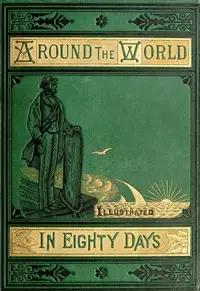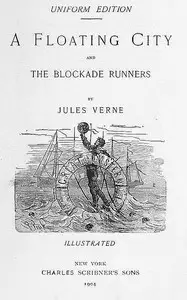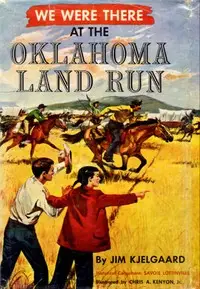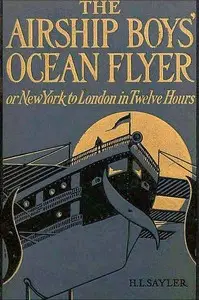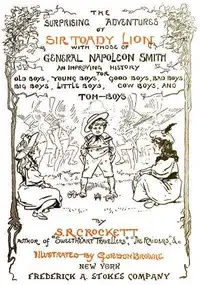"Celebrated Travels and Travellers, Part 2" by Jules Verne, is a historical work from the late 1800s that recounts the incredible voyages and discoveries of 18th-century navigators. The story highlights important figures, such as Captain James Cook and Alexander Selkirk, and their impact on navigation and map-making. The book begins by describing the scientific advances that made this era of exploration possible, focusing on those who changed how we understand the Earth's shape. The narrative also shares the adventurous early privateers and the moving tale of Alexander Selkirk's return from being stranded. With an engaging style, the author weaves together science, adventure, and historical fact to make this time period come alive.
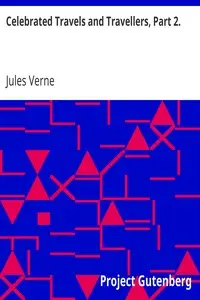
Celebrated Travels and Travellers, Part 2. The Great Navigators of the Eighteenth Century
By Jules Verne
Embark on daring voyages of discovery with legendary navigators as they reshape the world and redefine the limits of human exploration.
Genres
Released
2008-06-14
Formats
mobi
epub
epub3 (images)
mobi (images)
epub (images)
txt
Free Download
Summary
About the AuthorJules Gabriel Verne was a French novelist, poet, and playwright. His collaboration with the publisher Pierre-Jules Hetzel led to the creation of the Voyages extraordinaires, a series of bestselling adventure novels including Journey to the Center of the Earth (1864), Twenty Thousand Leagues Under the Seas (1870), and Around the World in Eighty Days (1872). His novels, always well-researched according to the scientific knowledge then available, are generally set in the second half of the 19th century, taking into account the technological advances of the time.
Jules Gabriel Verne was a French novelist, poet, and playwright. His collaboration with the publisher Pierre-Jules Hetzel led to the creation of the Voyages extraordinaires, a series of bestselling adventure novels including Journey to the Center of the Earth (1864), Twenty Thousand Leagues Under the Seas (1870), and Around the World in Eighty Days (1872). His novels, always well-researched according to the scientific knowledge then available, are generally set in the second half of the 19th century, taking into account the technological advances of the time.
Total Reviews
10.0k
Total reviews from Goodreads may change


